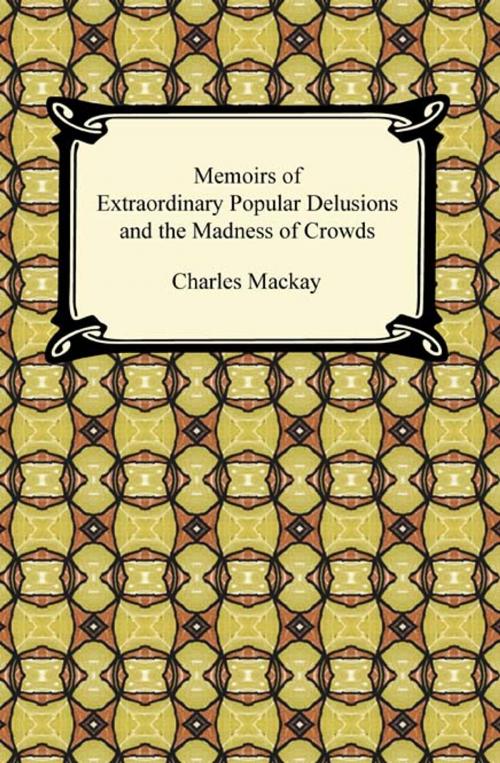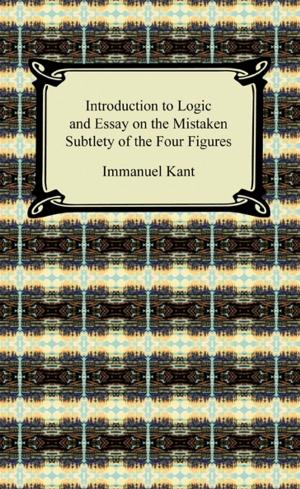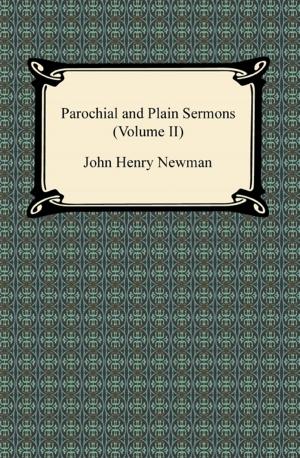| Author: | Charles Mackay | ISBN: | 9781596254961 |
| Publisher: | Neeland Media LLC | Publication: | January 1, 2012 |
| Imprint: | Digireads.com Publishing | Language: | English |
| Author: | Charles Mackay |
| ISBN: | 9781596254961 |
| Publisher: | Neeland Media LLC |
| Publication: | January 1, 2012 |
| Imprint: | Digireads.com Publishing |
| Language: | English |
First published in 1841, this history chronicles the popular foolishness of Mackay's day. It is divided into three broad categories, including 'National Delusions,' 'Peculiar Follies,' and 'Philosophical Delusions.' The author discusses and usually debunks a wide variety of subjects and events. These include economic bubbles like the tulip craze of Holland in 1637 or the Mississippi Company financial bubble of 1719; alchemy, which was of particular interest to individuals who wanted to create gold out of lesser-valued materials; the Crusades, also known as the Middle Ages mania; witch hunts, the persecution of thousands of innocent victims that arose from either supernatural ill fortune or neighbors with a score to settle; duels; the political and religious influence on beards; and several others. This work, with all of its interesting observations, is an entertaining and insightful book that explores the phenomenon of crowd mentality.
First published in 1841, this history chronicles the popular foolishness of Mackay's day. It is divided into three broad categories, including 'National Delusions,' 'Peculiar Follies,' and 'Philosophical Delusions.' The author discusses and usually debunks a wide variety of subjects and events. These include economic bubbles like the tulip craze of Holland in 1637 or the Mississippi Company financial bubble of 1719; alchemy, which was of particular interest to individuals who wanted to create gold out of lesser-valued materials; the Crusades, also known as the Middle Ages mania; witch hunts, the persecution of thousands of innocent victims that arose from either supernatural ill fortune or neighbors with a score to settle; duels; the political and religious influence on beards; and several others. This work, with all of its interesting observations, is an entertaining and insightful book that explores the phenomenon of crowd mentality.















